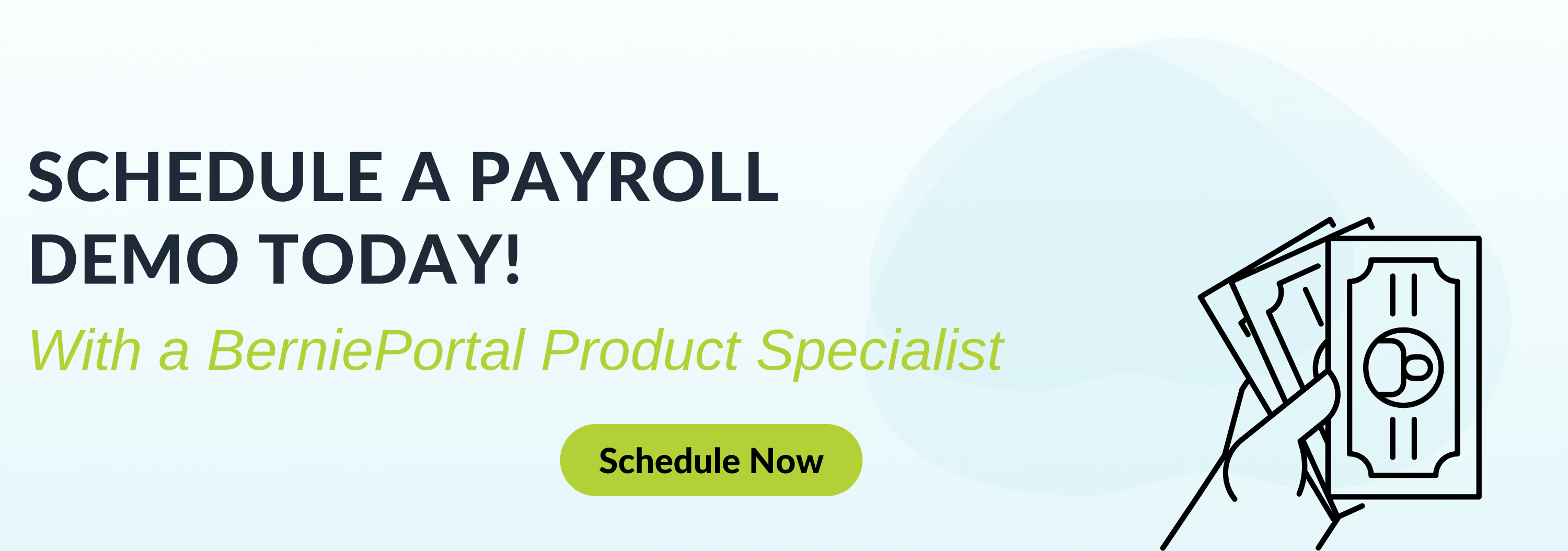
Written by
Alexis Merrill
Alexis is an aPHR-certified member of the Marketing team at Bernard Health. She writes about HR technology, healthcare, and more.
On-Demand Pay: What Is It, and What Should You Consider?

As the job market gets increasingly more competitive, companies are getting more creative on ways to recruit top talent. From unlimited PTO, flex work schedules, to better health plans – companies are offering more to their employees than ever before. The newest benefit employers are adding to the list? On-demand pay. Read on for everything you need to know about this new benefit that’s on the rise, and what you should consider before implementing it.
What is On-Demand Pay?
On-demand pay is a form of instant gratification, giving employees access to money earned before their next pay period. This is a change-up from the typical pay schedules which operate on a weekly, bi-weekly, or monthly basis. At the end of a given workday, the employee would decide if they want to receive payment for that day or any hours they have not cashed out since their last paycheck. These services are provided through the employer’s payroll, and some charge an extra fee for this added benefit.
Why Are Employers Starting to Offer This Benefit?
Many employees and employers have felt the ongoing effects of the global pandemic. From financial hits, job turnover at an all-time high, and an emphasis on employee wellness – the way we approach the workplace has completely changed. In response to this, companies have started offering additional benefits to recruit and retain employees, such as on-demand pay. For an employee that may be in a pinch to pay their bills or put food on the table for their family, this added benefit could be seen as crucial.
What Should You Consider Before Offering On-Demand Pay?
With a variety of benefit options available, is this something your company should consider offering your hourly employees? Here are a few things to consider before incorporating on-demand pay:
- While these on-demand pay services are convenient, they don’t always come for free. It’s important to ask your payroll if they charge extra fees for this service. If they do, it’s wise to decide upfront if your company will absorb the fee or charge it to the employees that use the benefit.
- With additional benefits and policies, comes additional work for administrators. Before you implement this benefit, be sure to consider whom this will affect. Your HR and Payroll teams may see an increase in questions and overall workload.
- BerniePortal Blog—a one-stop-shop for HR industry news
- HR Glossary—featuring the most common HR terms, acronyms, and compliance
- HR Guides—essential pillars, covering an extensive list of comprehensive HR topics
- BernieU—free online HR courses, approved for SHRM and HRCI recertification credit
It’s important to consider the tax implications when rolling out an on-demand pay option for employees. Most payroll companies do not tax an employee on withdrawal, but it doesn’t mean they won’t be taxed down the line. Employees should expect to be taxed appropriately for any on-demand pay when they receive their next paycheck. Administrators will want to keep a close record of this, as not appropriately taxing employees could cause more issues later.

Written by
Alexis Merrill
Alexis is an aPHR-certified member of the Marketing team at Bernard Health. She writes about HR technology, healthcare, and more.
Related Posts
The first impression an employer makes is just as important (if not more important) than...
Organizations usually take one of four major approaches when talking about pay.
SHRM states that for HR, overlooking social media today would be like “ignoring e-mail 20...
Recruiting, acquiring, and keeping the right employees for your organization is the best...







Submit a Comment